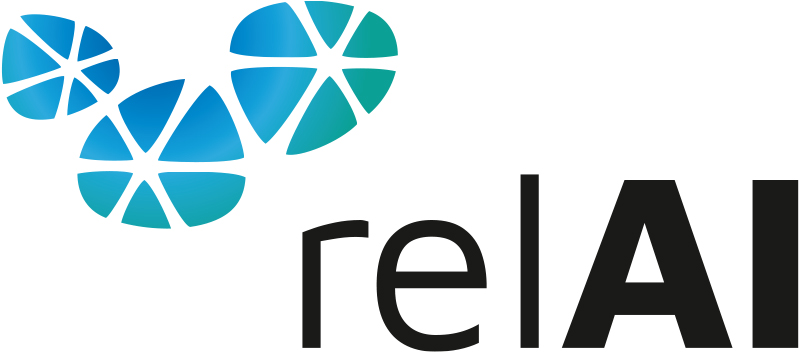
When we try to help the most vulnerable, and we have limited resources to deploy, should we invest them in building better prediction models, or is it sometimes more effective to simply expand access and help more people, even if the targeting isn´t absolutely perfect?
If you’d like to learn more about it, check out the 👉 podcast!
In this episode of Executive Code, PhD student Unai Fischer Abaigar discusses his paper The Value of Prediction in Identifying the Worst-Off. He explains how governments utilize AI to allocate limited resources—and when it is more effective to enhance predictive models versus simply expanding access to public programs. Using real data from Germany’s employment offices, Unai’s research challenges the assumption that better prediction always means better outcomes in public decision-making.
